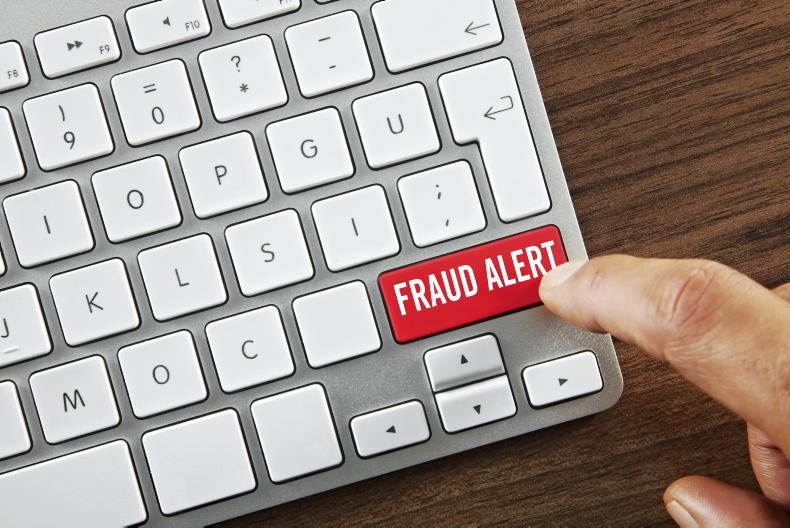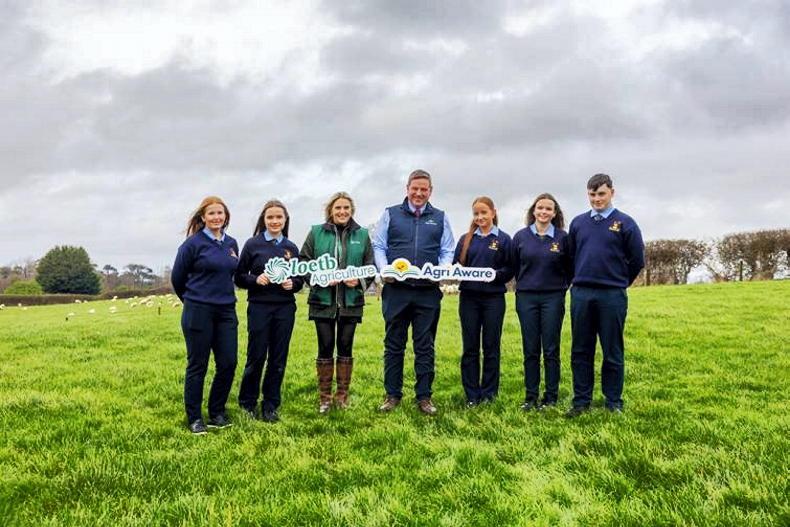An Garda Síochána is advising people to be wary of rental scams, particularly at this time of year when students are returning to college.
While there has been a marked decline on rental scams during the COVID-19 period there were 503 cases of rental scams reported to An Garda Síochána between the beginning of February 2019 and the end of May this year.
Almost half of these incidents occurred in the Dublin region.
It can be very easy money for those running these scams, just over €900,000 was stolen in rental scams between February 2019 and May 2021.
Scammers are targeting those who are desperately seeking student accommodation due to the drought of available properties in or near the college campuses.
In these latest figures, 42% of all injured parties were under the age of 25 which would indicate this is a time students should be vigilant when looking for accommodation.
Detective Superintendent (DS) Mick Cryan has some advice to prospective tenants while looking for their student rental accommodation this autumn.
“If it sounds too good to be true, it usually is,” says DS Cryan. “So, if you find an ad on social media or on a notice board in a shop for accommodation and it’s cheap and it’s well below the market price that’s a warning, it sounds too good to be true.”
Decent landlords will do plenty to check on your legitimacy before accepting a deposit from you so if you meet someone and they just want to take your deposit, without wanting to know any of your details, that is another red flag.
“If the ad is on social media, and they only want to talk to you on WhatsApp, or some social media messenger platform and they want you to pay via Western Union, PayPal, iTunes gift, cryptocurrency or cash they’re doing that to avoid scrutiny, and to ensure that a transaction can’t be reversed,” he continues.
It is very difficult to get those payments back, in particular a cash payment. This may only occur if someone is prosecuted for the crime.
Do your research. Is the website legitimate? Where do they want you to send the money? Is the account in Ireland?
“It’s very easy to check if it’s an Irish bank account. There are IBAN checkers on the internet, you just put in the number, and it’ll tell you what country that bank account is in,” DS Cryan says.
“Young people know how to check all of these things. They just need to stop, think, take a deep breath, and look at what they’re doing,” he adds.









SHARING OPTIONS